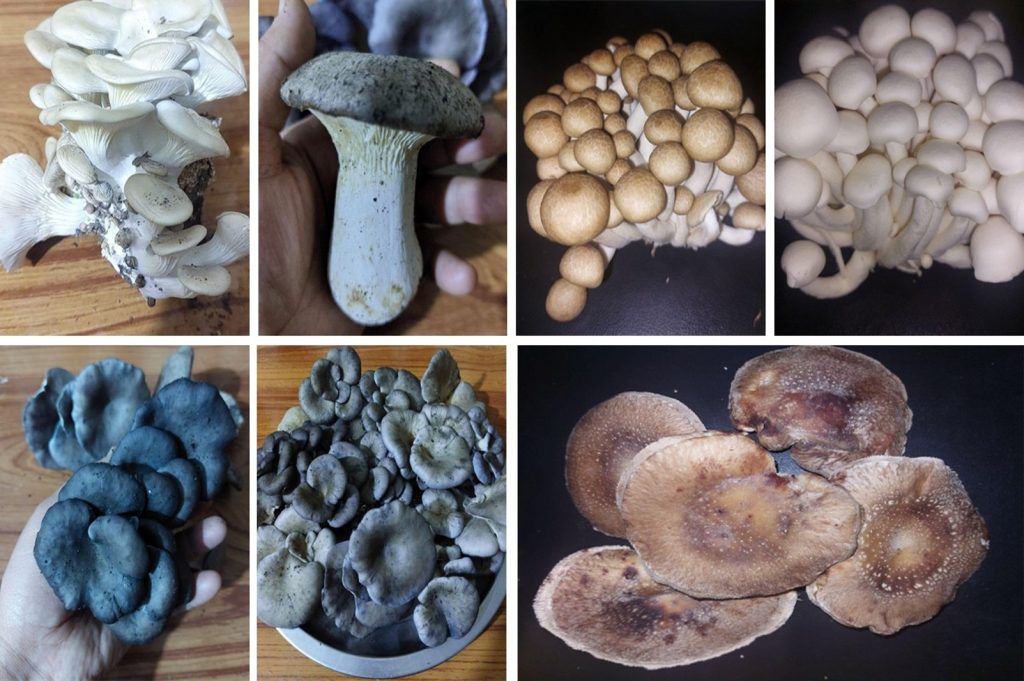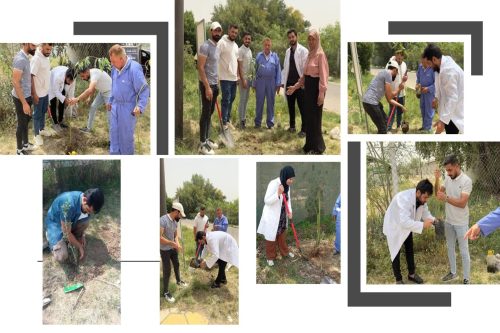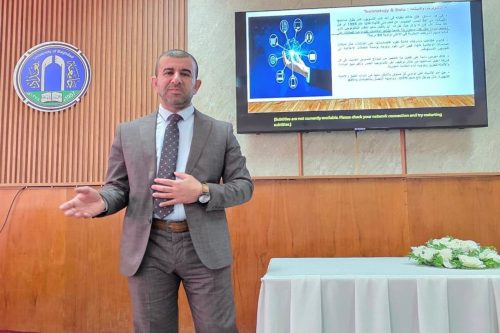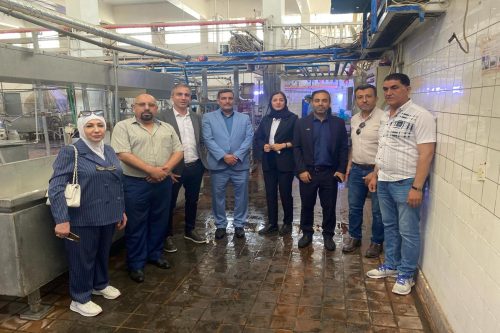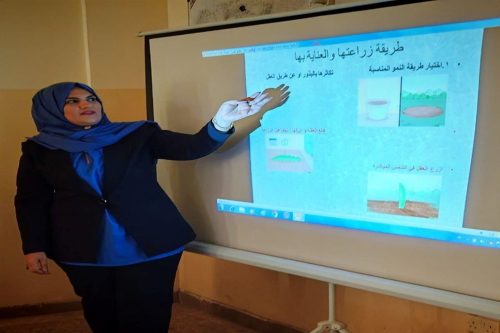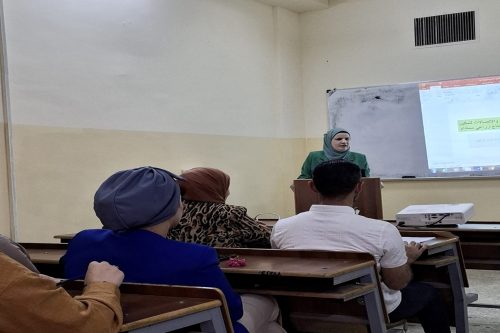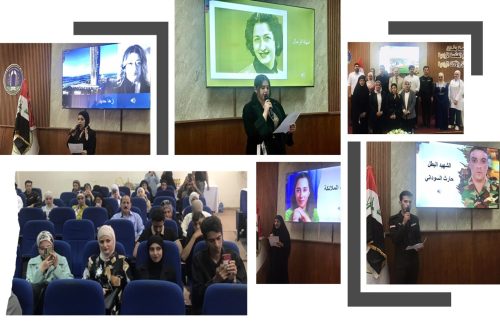The College of Agricultural Engineering Sciences has achieved a new scientific breakthrough in cultivating wild Iraqi fungi. In 2025, the college’s researchers successfully harvested diverse autumn crops containing valuable nutritional and medicinal mushroom varieties. The harvest included oyster mushrooms in three varieties, shiitake mushrooms in two colors, along with renowned shiitake mushrooms and the rare lion’s mane variety.
This achievement stems from six years of research efforts led by Dr. Raqeeba Ali Jeejan. The scientific journey began in 2019 with collecting wild samples from Maysan province, followed by developing advanced cultivation techniques. The team employed precise scientific methodologies to ensure experimental success and final product quality.
This project contributes to enhancing food sovereignty through utilizing local resources. The college once again demonstrates its capability to produce applied research addressing contemporary challenges. The work embodies the spirit of innovation and social responsibility that distinguishes this academic institution.
